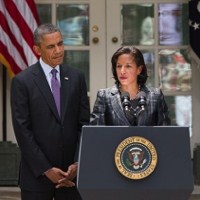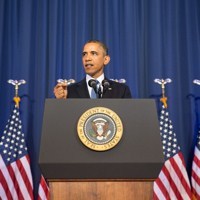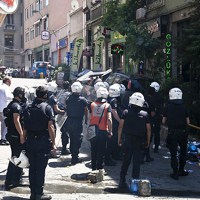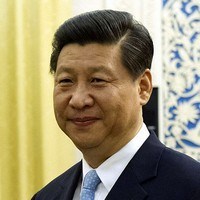
U.S. President Barack Obama’s recent speech on America’s use of drones in the conflict with al-Qaida and its affiliates marked his administration’s first real attempt to explain a program that has generated much domestic criticism and international outcry. By contrast, few have taken notice of Brazil’s increasing use of surveillance drones, which it has been dispatching over its vast borderlands in an effort to control illegal immigration, contraband and smuggling. So far, Brazil’s drone initiative has not generated as much political controversy as Obama’s program. Nevertheless, President Dilma Rousseff’s administration must tread lightly lest it offend bordering nations that carefully […]












